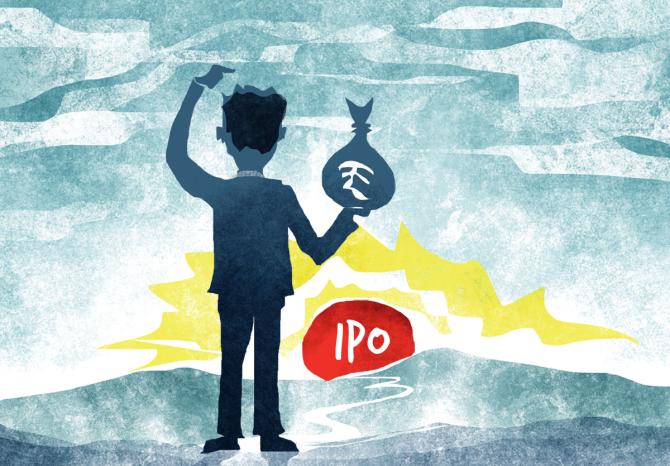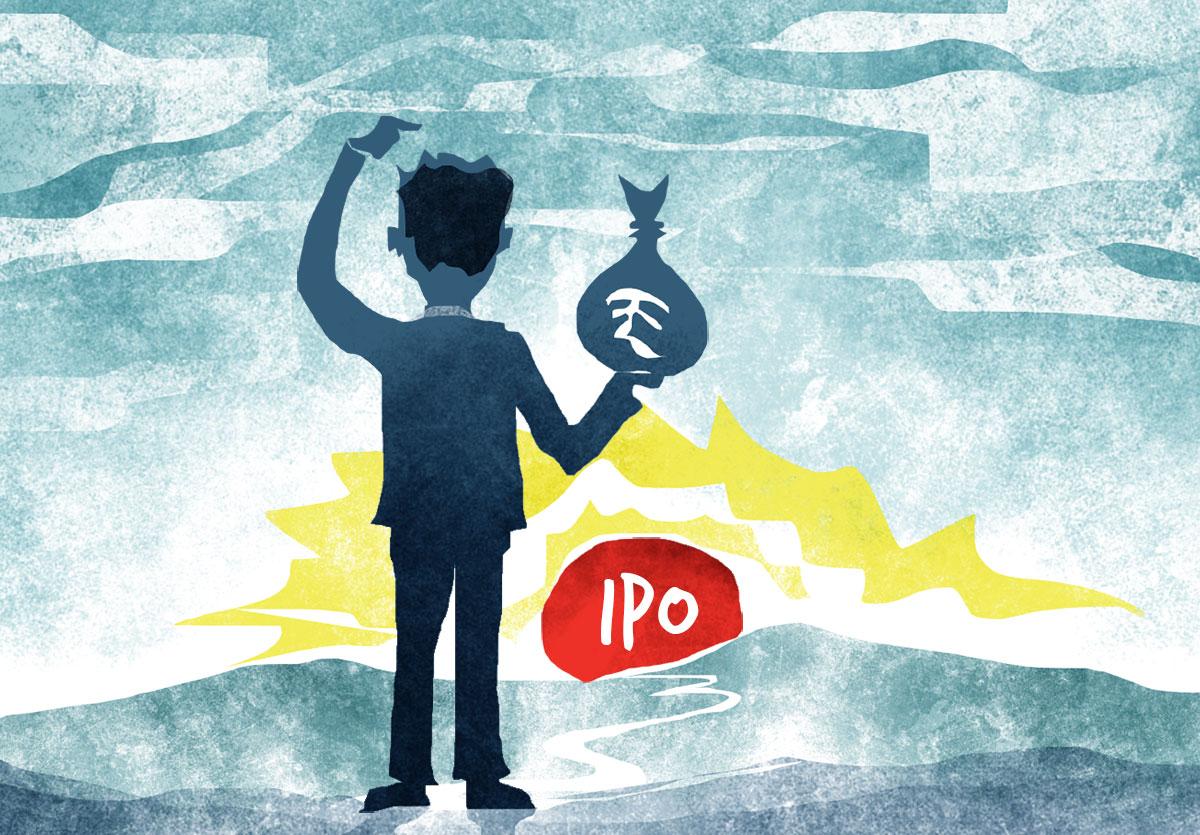India’s 25 venture capital and private equity backed “new-age” companies, that listed between May 2020 and June 2025, reveals a sobering reality behind the hype: barely a third have delivered sustained outperformance against the market.

Illustration: Dominic Xavier/Rediff
According to the white paper by Client Associates, only 36 per cent of IPO investors and 32 per cent of post-listing investors generated positive alpha over the BSE 500 index.
Pre-IPO investors fared slightly better at 43 per cent, but only if they timed exits well.
Those who sold at the mandatory six-month lock-in expiry window often reaped the highest returns versus much lower or even negative returns for long-term holders.
While strong subscription demand was common, the report finds that most listing gains proved unsustainable.
“The study concludes that while new-age IPOs created substantial excitement and short-term gains, the risk-adjusted returns for retail investors, particularly in the unlisted market, remain questionable when compared to diversified fund-based approaches or established listed alternatives,” the white paper by Client Associates noted.
Top performers such as Ixigo (Le Travenues Technology), Zomato (now Eternal), Nazara Technologies and PolicyBazaar combined clear profitability paths with revenue scaling and margin expansion.
Underperformers including Ola Electric, Paytm, Mobikwik and FirstCry were often dragged down by capital-heavy models, overvaluation, or inability to defend market share.
Sector Trends
Technology-enabled platforms with network effects or asset-light models typically delivered better post-listing returns.
By contrast, capital-intensive businesses without sustainable unit economics destroyed substantial shareholder value after debut.
Retail Frenzy Underperforms
A subset of 10 “retail frenzy” stocks, actively traded in pre-IPO secondary markets, badly lagged the benchmark.
In this group, IPO investors earned just 2 per cent, and post-IPO investors lost 16 per cent on average, with deep negative alpha.




